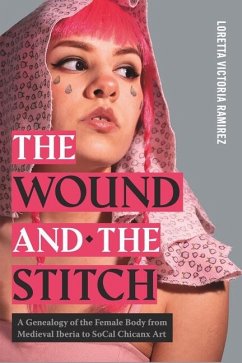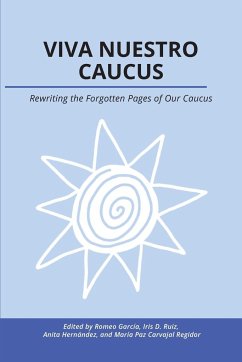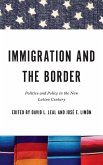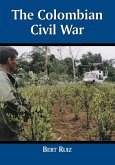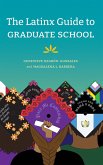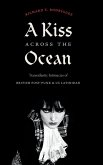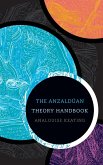The Wound and the Stitch traces a history of imagery and language centered on the concept of woundedness and the stitching together of fragmented selves. Focusing particularly on California and its historical violences against Chicanx bodies, Loretta Victoria Ramirez argues that woundedness has become a ubiquitous and significant form of Chicanx self-representation, especially in late twentieth-century print media and art. Ramirez maps a genealogy of the female body from late medieval Iberian devotional sculptures to contemporary strategies of self-representation. By doing so, she shows how wounds-metaphorical, physical, historical, and linguistic-are inherited and manifested as ongoing violations of the body and othered forms of identity. Beyond simply exposing these wounds, however, Ramirez also shows us how they can be healed-or rather stitched. Drawing on Mesoamerican concepts of securing stability during lived turmoil, or nepantla, Ramirez investigates how creators such as Cherríe Moraga, Renee Tajima-Peña, Guillermo Gómez-Peña, and Amalia Mesa-Bains repurpose the concept of woundedness to advocate for redress and offer delicate, ephemeral moments of healing. Positioning woundedness as a potent method to express Chicanx realities and transform the self from one that is wounded to one that is stitched, this book emphasizes the necessity of acknowledgment and ethical restitution for colonial legacies. It will be valued by scholars and students interested in the history of rhetorics, twentieth-century Chicanx art, and Latinx studies.
Hinweis: Dieser Artikel kann nur an eine deutsche Lieferadresse ausgeliefert werden.
Hinweis: Dieser Artikel kann nur an eine deutsche Lieferadresse ausgeliefert werden.

